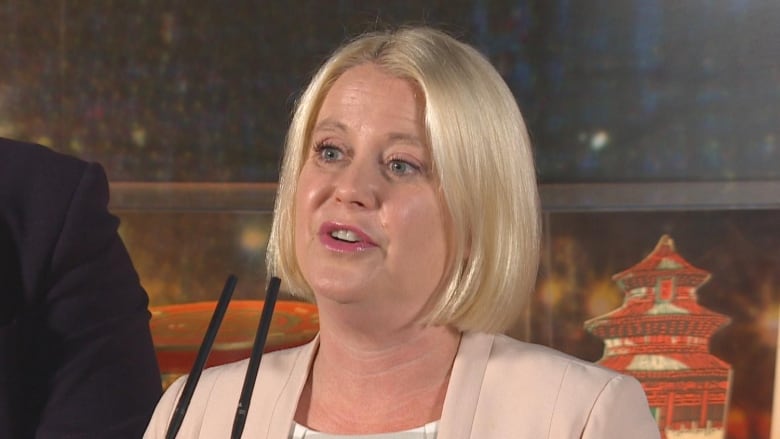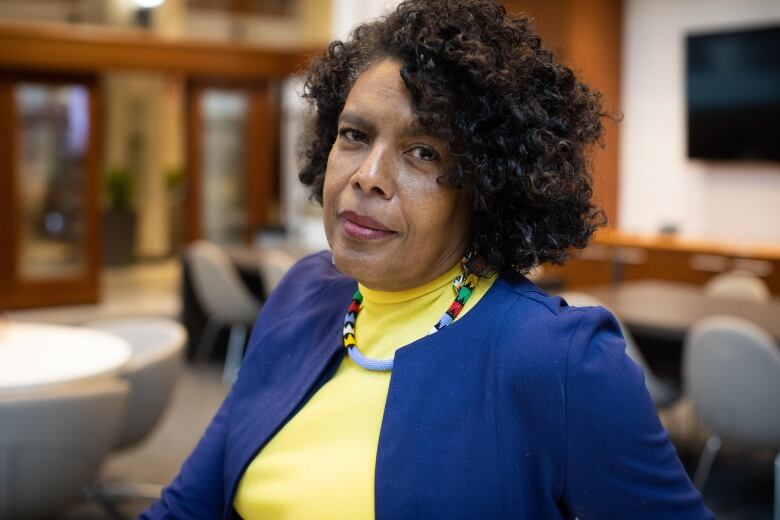B.C. launches demographic survey to identify and eliminate systemic racism
Letters sent to 800,000 households, survey open until Sept. 29

The provincehas unveiled a survey aimed at identifying systemic racism in order to implement equitable access after hearing concerns from minority groups and Indigenous members of the community.
In June 2022, the Anti-Racism Data Act came into effect. Its aim is to enable the safe collection and "use of personal information for the purposes of identifying and eliminating systemic racism and advancing racial equality," according to the province.
Available in 15 different languages, the province says the B.C. Demographic Survey isan opportunity for communities that feel left behind to express their concernsto help pave the way to more inclusive and accessible services. It asks questions around ethnicity, ancestry, and religious preferences, among other things.
"To fix the problem, we need real information about where the gaps and barriers are," said Lisa Beare, the minister of citizens' services.
While it may seem similar to a Statistics Canada survey, the province says it's not, and the information, focused on B.C.'s diverse makeup,will be kept separately.
Hesitancy around information sharing
Community support groups acknowledge there can be a real hesitation to provide this type of personal information but say they hope thisinitiative andthe privacy guarantees under the new act will make it safer for peopleto share personal information to help bring about change.
"I hear the frustration of communities ... data in the past has been used against us...we are all working very hard now because we realize the time is now," said June Francis, a professor at Simon Fraser University, whose work focuses on equity, diversity and inclusion for racialized groups and who is the chair of the Anti-Raicsm Data Committee.

"Many people experience obstacles that make getting ahead more challenging," said Mable Elmore, the parliamentary secretary for anti-racism Initiatives.
Research priorities identified by the anti-racism data committee include:
- Racial diversity within the B.C. Public Service.
- Interactions with the justice system and analysis of the complaints model.
- Health outcomes and understanding of how the system is performing for different demographic groups.
- Understanding how students across demographic groups access and use education supports and their outcomes.
- Children, youth and family wellness at home and away from home.
- Economic inclusion.
- Homelessness, housing supply and security.
The province says it has sent out about800,000 letters to various households andwill be holding social media campaigns to market the survey, which is already available online and open until Sept. 29.












_(720p).jpg)


 OFFICIAL HD MUSIC VIDEO.jpg)
.jpg)



























































































